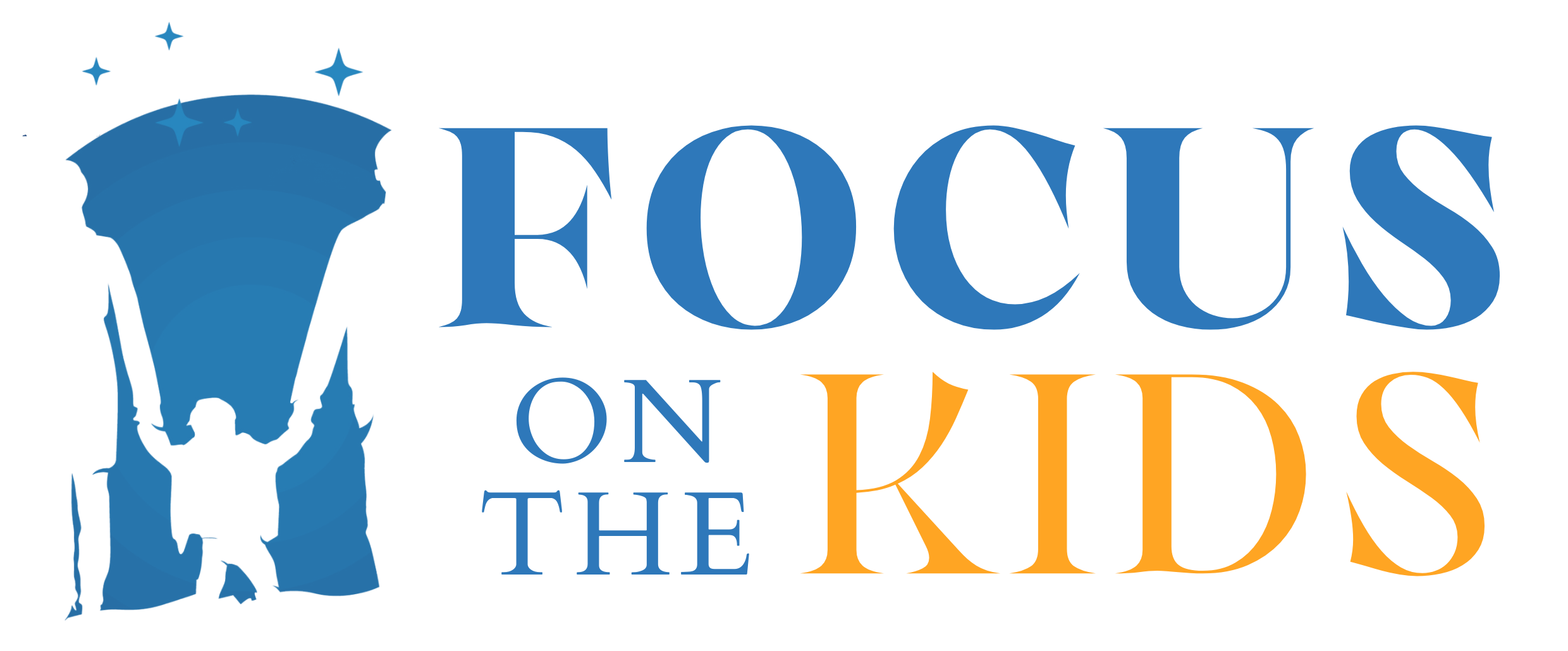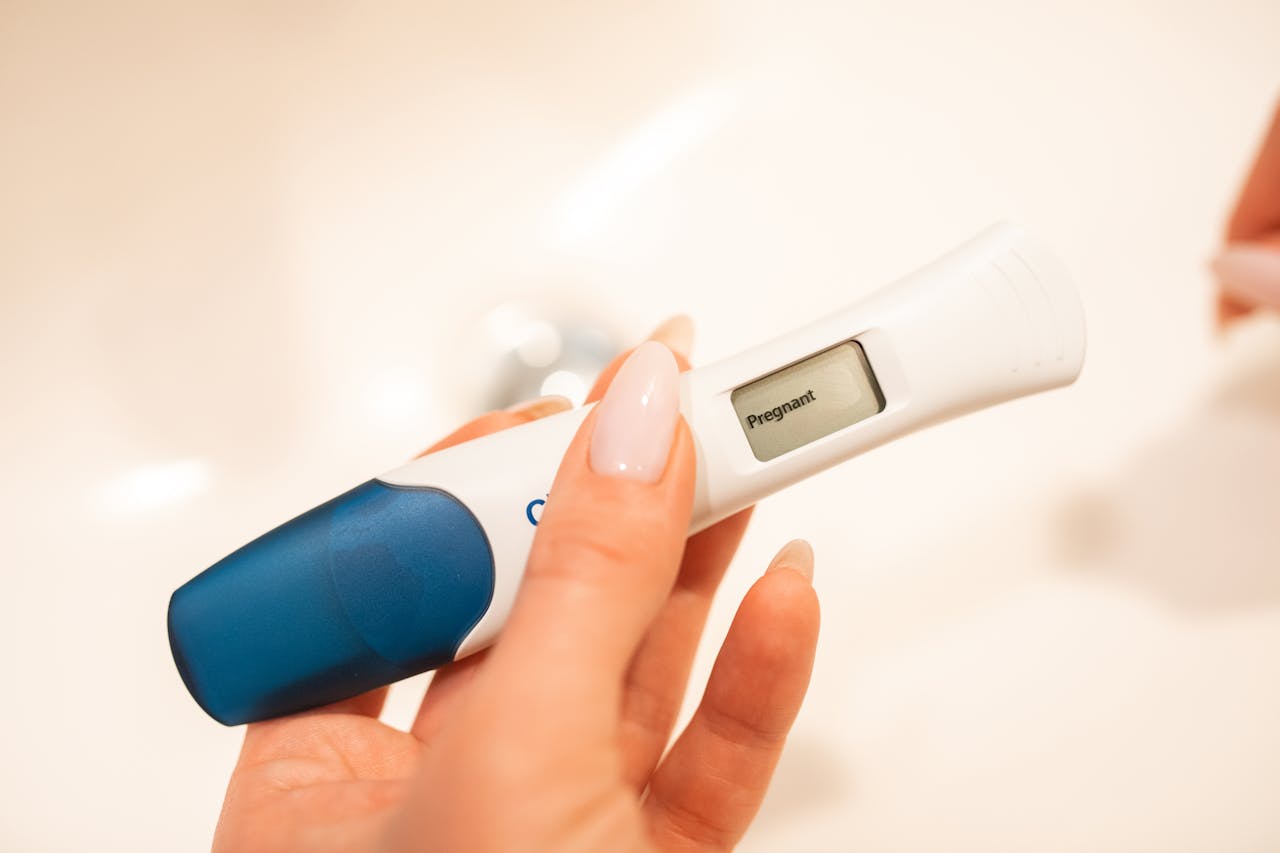One of the most exciting milestones in a baby’s development is crawling. It’s that first major sign of mobility and independence, and many parents eagerly anticipate the moment. But when do babies start crawling? The answer varies, but understanding the typical timeline, signs to look out for, and how to support your baby’s development can make the journey smoother for both baby and parent. What Is Crawling? Crawling is a significant motor skill milestone that usually occurs before a baby starts walking. It allows babies to explore their environment, strengthen their muscles, and develop coordination between the arms and legs. This movement sets the foundation for more complex skills like standing, cruising, and eventually walking. When Do Babies Start Crawling? Most babies start crawling between 6 and 10 months of age, although some may begin earlier or later. There’s a wide range of what’s considered normal, so parents shouldn’t worry if their baby doesn’t hit this milestone at exactly 7 or 8 months. Some babies even skip traditional crawling altogether and go straight to pulling up, cruising, or walking. Types of Crawling Before diving into timelines, it’s important to understand that there are different ways a baby might crawl: Each baby has their own style, and all are considered normal forms of movement. Early Signs Your Baby Is Getting Ready to Crawl If you’re wondering when do babies start crawling, it helps to look for the signs that your baby is preparing for this milestone. These may include: How to Encourage Crawling You can play a major role in helping your baby crawl by creating a safe and stimulating environment. Here are some expert-backed tips to support this developmental stage: 1. Tummy Time Is Essential The more time your baby spends on their stomach while awake, the stronger their core and upper body muscles become. Aim for several short tummy time sessions throughout the day, gradually increasing the duration. 2. Create a Safe Play Area Babies need room to move and explore. Make sure their play area is clear of sharp objects, cords, or choking hazards. Soft play mats or blankets on the floor can provide a comfortable surface. 3. Use Toys as Motivation Place colorful or musical toys just out of reach to encourage movement. Babies are naturally curious, and reaching for something interesting helps them work on coordination. 4. Limit Time in Baby Gear Swings, bouncers, and walkers are helpful in moderation, but too much time in them can delay motor development. Try to balance it with plenty of floor play. 5. Encourage Movement Through Interaction Get on the floor with your baby, cheer them on, and play games like peek-a-boo or crawling races. Babies love social interaction, and your presence gives them confidence to try new things. When to Be Concerned While it’s completely normal for babies to reach milestones at different times, there are a few red flags that could signal a delay in development: If you notice any of these signs, it’s a good idea to consult your pediatrician. Early intervention can be highly beneficial if needed. What If My Baby Doesn’t Crawl? Some babies skip crawling altogether. Instead, they might roll, scoot, or go straight to walking. While crawling is helpful for motor skill development, skipping it isn’t necessarily cause for concern. That said, it’s still important to ensure your baby is getting plenty of opportunities for movement and strengthening exercises. Crawling and Brain Development Crawling is more than just physical movement—it plays an important role in cognitive development. The cross-lateral motion (using opposite hands and knees together) helps build connections between the left and right sides of the brain. These connections support future tasks like reading, writing, and even problem-solving. Crawling Up: What Does It Mean? When parents ask “when do babies start crawling up,” they may be referring to a baby beginning to crawl up stairs or pull themselves up onto furniture. This usually occurs between 9 and 12 months, after a baby has mastered basic crawling. Always supervise these movements and install baby gates to prevent accidents. Safety Tips During the Crawling Stage As your baby becomes mobile, your home should adapt to their new skills. Here’s how to baby-proof your environment: The crawling stage marks a huge leap in your child’s independence, and safety should always be a top priority. Fun Activities to Promote Crawling Making crawling fun can help babies develop while keeping them engaged. Try these activities: Final Thoughts So, when do babies start crawling? The average window is between 6 and 10 months, but every baby is unique. Instead of focusing on a specific age, pay attention to signs of readiness and create a supportive environment that encourages your little one to explore safely. Crawling is a foundational milestone that sets the stage for walking and other motor skills. By engaging in tummy time, limiting time in baby gear, and encouraging play on the floor, you’ll help your child develop both physically and cognitively. And remember, whether your baby crawls early, late, or in their own unique way—it’s all part of the wonderful journey of growing up.
What Is a Chemical Pregnancy? : Causes and Symptoms
Let’s be honest—talking about pregnancy loss isn’t easy. Especially when it happens so early, before you’ve even wrapped your head around being pregnant. That’s where the term chemical pregnancy comes in. It sounds clinical, maybe even cold. But for many people, it’s a very real, emotional experience. In this article, we’ll break it all down in a friendly, easy-to-understand way. 💡 Introduction to Early Pregnancy Loss Defining Early Pregnancy An early pregnancy is typically defined as the first 5–6 weeks after conception. During this time, a lot is happening behind the scenes—cells are multiplying rapidly, hormones are kicking in, and the embryo is trying to implant itself securely into the uterine lining. How Common Is Early Pregnancy Loss? Here’s the thing: early pregnancy losses, including chemical pregnancies, are extremely common. Experts estimate that up to 50% of all pregnancies may end before a person even realizes they’re pregnant. That’s how early chemical pregnancies can occur. 🧬 Understanding Chemical Pregnancies What the Term “Chemical” Really Means The word “chemical” in this context refers to biochemical evidence of pregnancy. That means the only proof of pregnancy was a positive pregnancy test—thanks to the hormone hCG (human chorionic gonadotropin)—without any physical signs on an ultrasound. When Does a Chemical Pregnancy Happen? A chemical pregnancy typically occurs before the fifth week of gestation. You may get a faint positive test result a few days after your missed period, only to get a negative result shortly after, or start bleeding like a period. ⚠️ Causes of a Chemical Pregnancy Chromosomal Abnormalities One of the most common causes is chromosomal problems in the embryo. If something isn’t quite right during the initial cell division, the body often recognizes that and naturally ends the pregnancy. Implantation Problems Sometimes, the embryo doesn’t implant properly in the uterus. This could be due to thin uterine lining or other uterine issues, making it hard for the pregnancy to stick. Hormonal Imbalances Low levels of progesterone or other hormonal imbalances can make it difficult for an embryo to survive those crucial early days. Other Risk Factors Factors like age, smoking, infections, and certain medical conditions (like thyroid disorders) may increase the risk. 🩸 Symptoms of a Chemical Pregnancy Signs You Might Notice How It’s Different From a Normal Period It can feel just like a regular period, especially if you weren’t testing for pregnancy. But if you were tracking closely, you may notice differences in bleeding or cramping. 🧪 How Is It Diagnosed? Positive Pregnancy Test Followed by Negative Many people detect a chemical pregnancy through home pregnancy tests. You might see a line, only for it to disappear or fade in the next few days. What Blood Tests Show Doctors may do hCG blood tests. If your levels rise and then suddenly drop, it points to a chemical pregnancy. Ultrasound and What It Reveals Because the pregnancy ends so early, an ultrasound usually shows nothing—no sac, no fetal pole, nothing. That’s why it’s considered “chemical” and not “clinical.” 💔 Emotional Impact of a Chemical Pregnancy The Hidden Grief Even if it happens early, it can hurt deeply. You had hopes, dreams, maybe even started picturing life with a baby. And suddenly, it’s gone. Coping Strategies and Support Talk about it. With friends, family, your partner, or a therapist. Join online forums or support groups. You’re not alone, and your feelings are valid. 🌱 Can a Chemical Pregnancy Affect Future Fertility? Is There Any Long-Term Impact? Good news: for most people, a chemical pregnancy does not affect fertility long-term. In fact, it’s often a sign that your body is capable of conceiving. When to Try Again Many healthcare providers say you can try again as soon as your next cycle, but it’s always good to check in with your doctor first. 🛡️ Prevention and Treatment Options Can You Prevent It? In most cases, no. It’s nature’s way of stopping a pregnancy that wasn’t viable. That said, keeping a healthy lifestyle can improve your chances. What Doctors Might Recommend If you’ve had multiple chemical pregnancies, your doctor may suggest: 🎯 Final Thoughts Chemical pregnancies might be medically minor, but emotionally, they’re far from insignificant. Whether you just found out you were pregnant or already picked out baby names in your head, a loss is a loss. Be kind to yourself. Let yourself feel it. And know this—you’re stronger than you think. ❓ FAQs About Chemical Pregnancies 1. What are the first signs of a chemical pregnancy? Faint positive tests, followed by a sudden period or cramping, are typical early signs. 2. Can a chemical pregnancy happen without symptoms? Yes, many people never know they had one unless they were tracking ovulation or testing early. 3. Should I see a doctor after a chemical pregnancy? It’s usually not medically necessary, but if it happens more than once, definitely talk to your doctor. 4. How soon can I try to conceive again? Most people can try again after one full cycle, but it’s wise to consult your healthcare provider. 5. Is a chemical pregnancy considered a miscarriage? Yes, it’s a very early form of miscarriage. It just happens before an embryo is visible via ultrasound.


